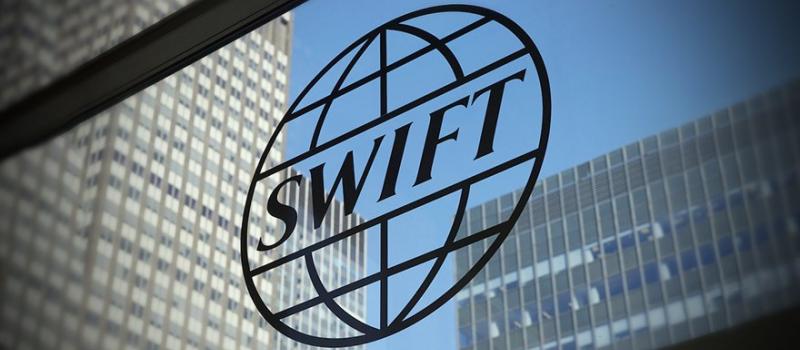The FinTech Balancing Act
posted by Collin Canright on August 29, 2016 - 9:19am

FinTech hubs come together under the auspices SWIFT, an organization that needs innovation to increase security and has a franchise to protect in the long term. Regulators are balancing innovation as well, and the obvious tip of the balance toward plastic payments is not so obvious to a generation that experienced the financial crisis in their youth. Blockchain technology is meant to tip the balance. The Blockchain Watch presents links to several perspectives that show how.
Innotribe and Innovate Finance launch Global FinTech Hubs Federation
More than 20 countries, including Germany, Switzerland and the UK, are expected to join the organization within the next few months. The goal of the organization is to create an international, open platform that unites established and up-and-coming FinTech hubs.
The banking regulator’s dilemma
Should regulators reign in innovation early or let it flourish until consumer harm is shown? That is the key predicament that regulators are faced with these days, Brett King asserts in a post for The Financial Brand. With the rise of bitcoin, for example, comes the potential for questionable financial transactions as well as the potential framework for faster payments, which leaves regulators with the difficult task of finding the middleground. The regulatory report on marketplace lending (PDF) from the U.S. Dept. of the Treasury provides a good example of the balancing act in action.
How millennials became spooked by credit cards
Though the use of credit cards is inching up again among Americans overall, millennials are the least likely to possess a credit card than their older peers, The New York Times reported, but their resistance to plastic could cost them valuable credit history, experts in the piece say. “I don’t want to use a credit card irresponsibly, and because of that, it’s scarier to use,” Rebecca Liebman, 23, told The Times. “I grew up — I saw 2008 — I saw my dad get laid off. I don’t trust the financial market.”
The war on cash
Banks and FinTech aficionados have pushed for going “cashless,” but for whom is such a move beneficial? In an article for The Long+Short, Brett Scott questions whether going cashless would cause less friction within payments than handling cash. "'Cashless society' is a euphemism for the "ask-your-banks-for-permission-to-pay society"," he writes.
THE BLOCKCHAIN WATCH
Big banks band together to launch ‘settlement coin’
BNY Mellon, Santander, UBS, and Deutsche Bank, are aiming to launch a mainstream blockchain system by 2018, CoinDesk reported. According to Financial Times reporter Martin Arnold, a formal announcement is pending. The coin will allow financial institutions to purchase securities without waiting for additional traditional money transfers.
Four more mega-banks join the anti-dollar alliance
Zerohedge gives its generally more dramatic perspective on blockchain in a story on a group of 15 Japanese banks that have taken steps to implement blockchain to clear and settle transactions. "Blockchain may very well be what neutralizes the U.S. government’s domination of the global financial system."
Corda: An Introduction
Richard Gendal Brown, James Carlyle, Ian Grigg, Mike Hearn of R3CEV released a whitepaper examining the impact of a distributed ledger and a global database for records of transactions between financial institutions and consumers. In the paper, they present Corda, a platform created to provide a central ledger for institutions and individuals.

